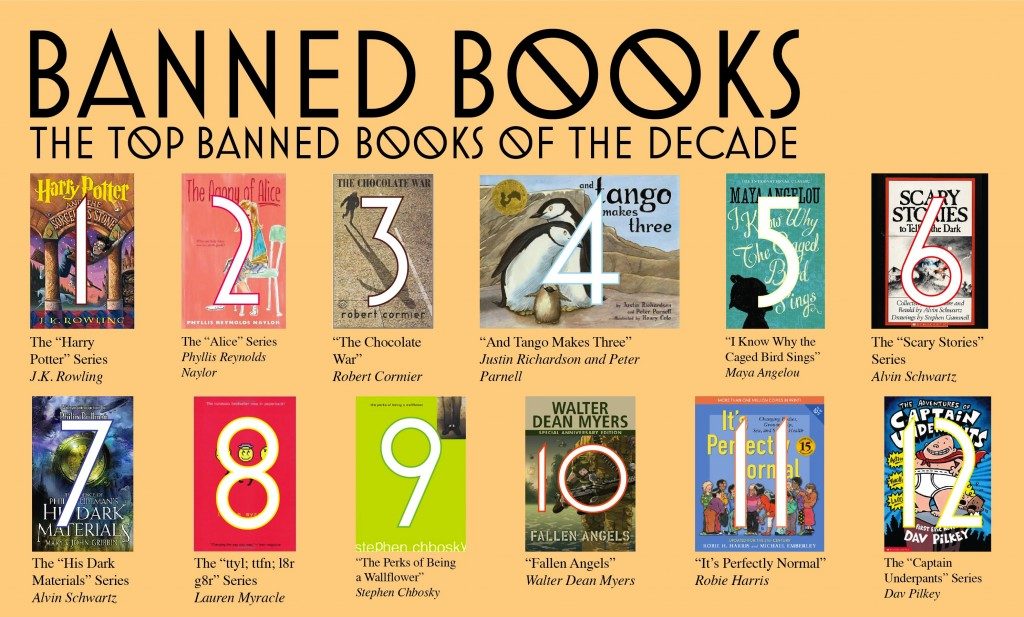
William Burroughs, author of the nightmarishly potent “Naked Lunch,” puzzled critics and academics for decades. At first glance, “Naked Lunch” is a collection of pure dribble – words in places where they normally wouldn’t be, disjointed narratives and gratuitous, if not pornographic, chapters that often end in violence.
Keep in mind where William Burroughs came from, and by extension, how the “beatniks” of the post-WWII era came to be. The beatnik culture celebrated nonconformity and spiritual exploration and rejected typical narrative values. Burroughs’ debut novel, “Junky,” illustrated his life as a drug addict and was controversial, and to some extent, unpublishable.
There’s a reason why William Burroughs often isn’t studied in high school AP English literature courses, and it’s mostly because of the obscene material that may come about when reading something like “Naked Lunch.” His seminal works, along with the works of other beatniks such as Allen Ginsberg, represent the type of anti-literature that most schools generally ignore, and, in some cases, discourage teachers from reading in class. This censorship is what events like Banned Books Week, which was celebrated at the end of September, hope to challenge.
In May 2015, Connecticut teacher David Olio, an award-winning AP English literature teacher, was fired from the South Windsor School district after 19 years for reading a graphic Allen Ginsberg poem depicting a homosexual encounter. The firing is evident of an ever-changing educational system that fights to keep students “safe” at the expense of engaging young minds with the challenging works of one of the most socially influential writers of the ’60s.
By censoring them, academics have only made the works of Burroughs and Ginsberg more incomprehensible than they need to be, limiting students’ ability to learn about different facets of the human condition. There’s a blatant stigma on beatnik writing in school education, that, for the sake of inspiring creativity and enlightening teenagers who are only beginning to understand this crazy world of ours, should be retired.
The beatniks had significant impacts on music, art and literature, which school boards must begin to embrace. Acknowledging them is the first step.
Israel Aragon Bravo is a junior majoring in psychology.
Featured photo courtesy Flickr user Christiann Tonnis.






